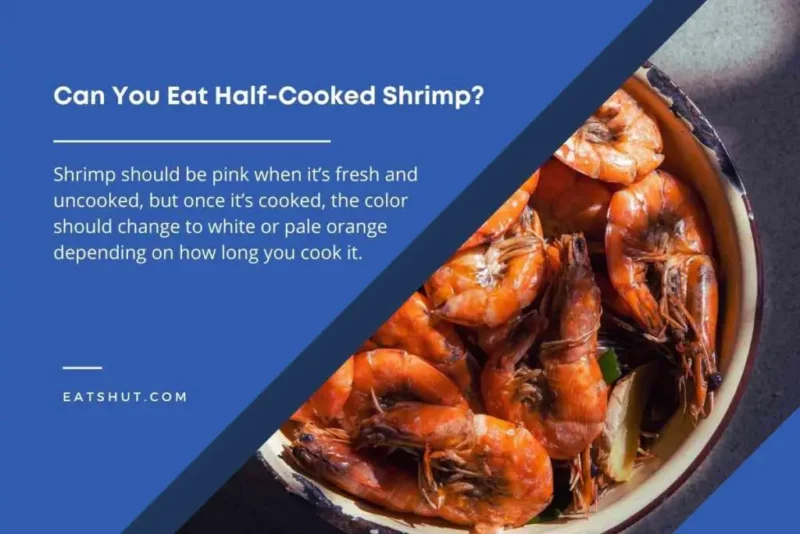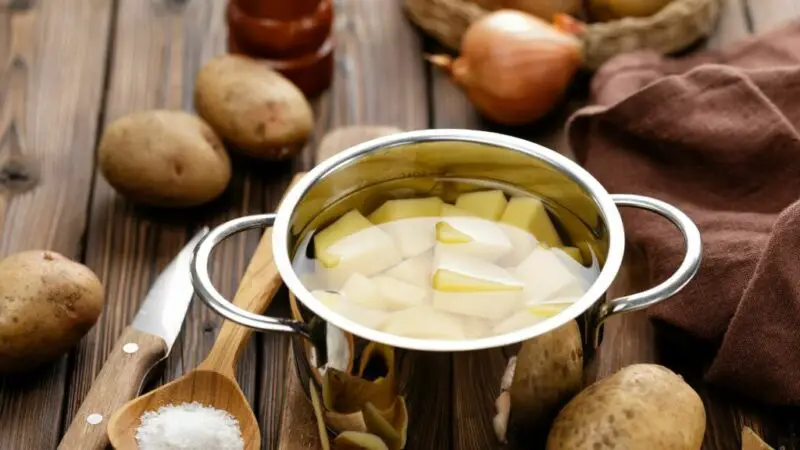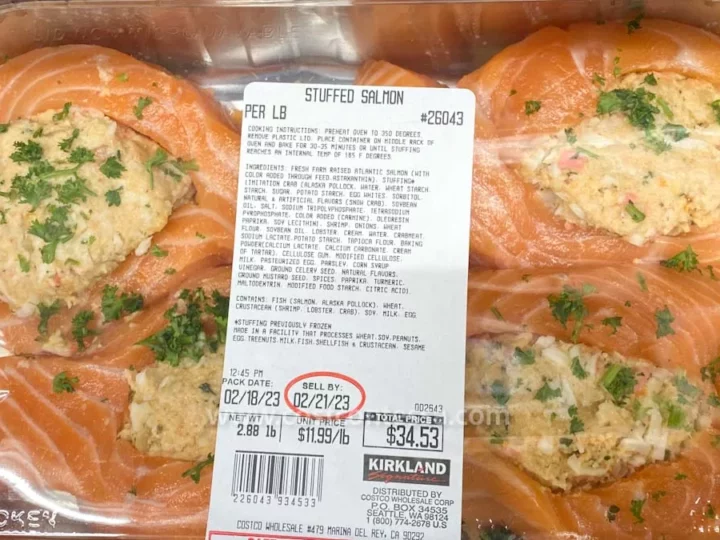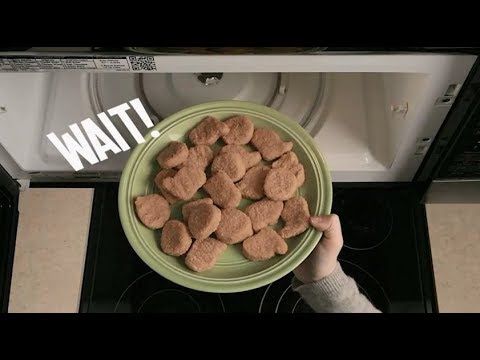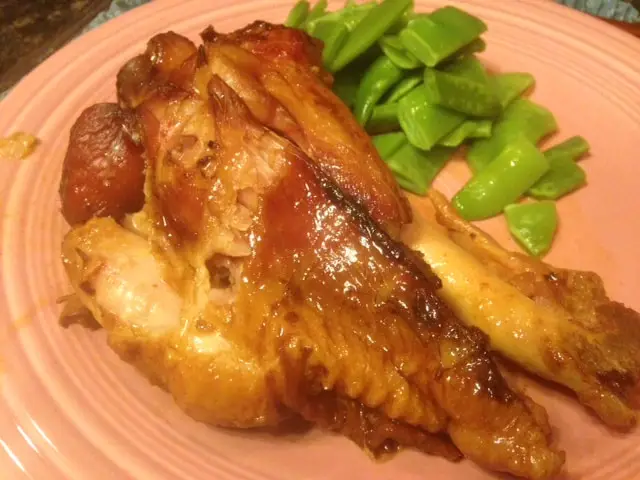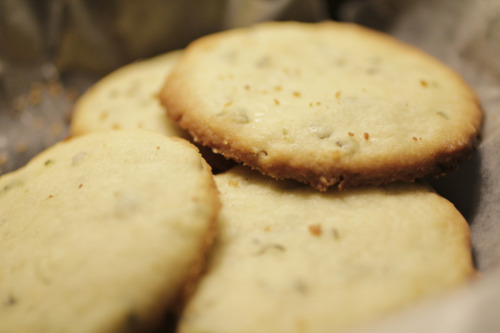Shrimps are a popular seafood delicacy enjoyed by many people around the world. Whether fried, boiled, or grilled, shrimps are versatile and delicious food items that can be consumed in various ways. However, cooking shrimps is not as easy as it seems and requires some skill to achieve the desired taste and texture.
Eating undercooked shrimp poses significant health risks, but what about overcooked shrimp? Is it safe to eat, or do we have to chuck it out? In this article, we will answer the question of whether you can eat overcooked shrimp.
Understanding How Shrimp Cooks
Before discussing whether overcooked shrimps are safe to consume, it is essential first to understand how shrimp cooks. Shrimps are small crustaceans that require less cooking time than other meats like beef or chicken. Depending on the method of preparation and size of the shrimp, it usually takes about 2-3 minutes for a raw shrimp to cook properly.
The cooking process of shrimp is simple; heat causes the protein molecules in the shrimp’s flesh to denature and coagulate resulting in firming up their texture. When preparing shrimps using heat, specific indicators tell you when they’re ready for consumption – they become opaque throughout with pinkish-white flesh.
Prolonging the cooking time past its optimal point affects its appearance & flavor causing more water loss leading ultimately to dryness and toughness.
Is Overcooked Shrimp Safe to Eat?
Many people believe that consuming overcooked shrimps is hazardous because they may cause food poisoning-like symptoms due to toxins released during high-temperature cooking. However, there is no scientific evidence supporting this claim.
While overcooking alters the texture and makes them virtually rubbery making even seasoned foodies run away from them—there’s no need for worry about contamination or illness.
In fact, while overcooked shrimps are not gourmet treats, they’re safe to eat.
Health Implications of Eating Overcooked Shrimp
Consuming altered seafood can pose some health risks, but the implications of eating overcooked shrimps are minimal. Overtime alterations in texture and changes will begin to expose the food to more external factors that may lead to bacterial growth or poor storage problems giving subsequently raising health concerns.
However, unless they’ve been improperly stored for too long, shrimps do not spoil quickly. The main danger posed by consuming overcooked shrimp is choking while munching on tough rubbery flesh.
How to Identify Overcooked Shrimp
Since consumability is assured, it’s down left to what you want for your taste buds.
Several indicators can tell when a shrimp has been overdone. It’s essential to know these signs because eating such food would be a wasted culinary adventure making your mouth experience chewy awfulness instead of flavorful delight.
- Texture: Overdone shrimp has low moisture content; thus their texture becomes chewy and rubbery, unlike fresh ones with just the right amount of tenderness and bite.
- Color: An addition pointer would be its color. At optimal cooking times all meat products change color slightly when properly cooked; this could result in whiter than usual shrimp if cooked longer than necessary or darker showing it was seared.
The easiest way you could probably identify whether your beloved seafood is starting to get cooked too long by keeping timer alerts on hand and keeping a watchful eye during your preparation process!
Best Ways to Use Overcooked Shrimp
If you ended up cooking too much of something or got served ‘a bit much’ from friends who made the slight mistake – there still something you could whip up other than throwing them away altogether! There’s no need letting perfectly good protein-rich delicacy goes straight into waste bin because you didn’t time them adequately.
Here are some creative ideas on what to do with overcooked shrimps:
- Chop them up and add them to omelets, scrambled eggs or use as pizza toppings.
- Use them in a salad by mixing overdone shrimp with vegetables like cucumber, lettuce, red onion, carrots alongside some dressing.
- Make a Shrimp Dip: Whipping up a garlic lemon aioli dip or wasabi mayo will have you feeling like Gordan Ramsey. The dip makes for an excellent snack that you can eat with crackers/ chips.
These ideas may inspire you to get innovative in the kitchen– don’t let those bulks of cooked shrimp go waste!
How to Store Cooked Shrimp Properly
Storing cooked seafood safely is essential to keep it fresh and avoid bacterial growth, eventually leading to foodborne illness. Follow these tips when storing cooked shrimp:
- Refrigerate any leftovers immediately after cooking
- Keep cooked shrimps well-wrapped in a suitable storage container.
- Use within four days or freeze them.
- When reheating refrigerated or frozen cooked shrimp meals, remember to bring the internal temperature above 165 degrees F. This remedied would have destroyed most harmful bacteria present in these products.
Conclusion
In summary, overcooked shrimp isn’t risky but rather unfavorable not health-wise. Although it’s arguably not the appetizing dish we had hoped for – our taste buds just wouldn’t be pleased – but it doesn’t stop us from avoiding wasting valuable culininary creations gotten from bulk sales.
Using the tips provided earlier helped identify whether our beloved dish has been overprepared; at least we can spice it up using creative culinary methods instead of letting perfectly good food scraps go on for naught.
The key takeaway here is that while cooking requires patience and expertise– learning about different meats’ optimal times should save us lots of time second-guessing experiences.
Q&A
Q: What happens if you eat overcooked shrimp?
A: Overcooked shrimp can become tough and chewy, making it difficult to enjoy the flavor. Additionally, overcooked shrimp may also cause digestive discomfort if not cooked properly.
Q: Can eating overcooked shrimp be dangerous?
A: Eating overcooked shrimp is generally safe, but it may result in reduced nutritional value and less pleasant texture compared to properly cooked shrimp.
Q: How do you know if your shrimp is overcooked?
A: Overcooked shrimp will have a rubbery texture, opaque appearance, and might even curl up on themselves or split in half along the backside. Properly cooked raw shrimp will have a firm texture with pink flesh that’s just barely turning opaque.
Q: Is it better to undercook or overcook shrimp?
A: It is safer to slightly undercook than overcook the shrimp since overcooking can ruin its taste and texture. However, it’s crucial not to undercook too much because raw seafood carries bacteria that can make people sick. The best option is to achieve perfectly cooked seafood by following cooking time guidelines closely.
